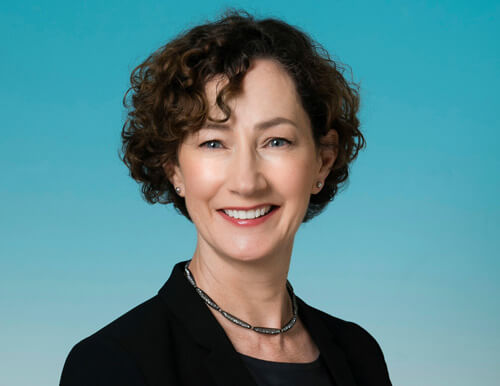
A new Health Research Board (HRB) report on disability services has shown that 73,927 people were registered as engaging with disability services in 2022. A total of 45,068 were children and 28,859 were adults.
Almost all children registered were engaging with a multidisciplinary Children’s Disability Network Team (CDNT). More than 6 in 10 adults were in receipt of a day service, and 1 in 4 adults were living in residential care.
Over 1,700 adults, who were currently living at home with ageing carers, were identified as needing residential care now, or within the next five years.
Overnight respite was required by over 1,300 children and adults. This is a key service which provides a positive experience for the person with a disability and supports families and caregivers, says the HRB.
Commenting on the findings, HRB Chief Executive, Dr Mairéad O’Driscoll said: “We collect this data so that we can improve the lives of people living with a disability and enable them to live more independently. Through this report we create a better understanding of the service provision and demand among people living with a disability, which can be used to plan future allocation of resources and services.”
Dr Claire Casey, Research Officer at the HRB, said: “If we compare our child and adult data, we see very different profiles. Among children engaging with disability services, 7 in 10 are male and autism is the main primary disability type; while among adults, just over 5 in 10 are male and intellectual disability is the main primary disability type. Understanding how needs change over time is essential and by collecting this data annually, the HRB can monitor the impact of a change in services or policy response on people’s lives.”
Key findings
More than 7,000 people access residential care. Over 18,000 adults are accessing a day service. Over 3,000 people are in receipt of overnight respite. There are 43,000 children who have been assessed as requiring the support of a multidisciplinary team.
Socio-demographic profile
Children
The majority of children (7 in 10) were male with an average age of 9 years. Autism was the most common disability recorded (nearly 4 in 10), followed by intellectual disability (2 in 10), and physical disability (less than 1 in 10).
Adults
Over half of adults are male and intellectual disability is the most common disability recorded (6 in 10), followed by neurological disability (nearly 2 in 10), and physical disability (nearly 1 in 10). More than 13,000 reported having a primary carer and 9 in 10 live with their primary carer, of whom 7 in 10 are their parents.
Current service provision
- 7,486 people live in residential care.
- 3,196 people accessed 84,785 nights of respite.
- 3,516 people received home support.
- 18,183 adults accessed day services.
- 16,675 adults received at least one specialist support.
- 43,759 children were engaging with a multidisciplinary team (CDNT).
Future need 2022-2027
- 1,743 people require a residential service.
- 1,349 people require overnight respite.
- 471 people require home support places.
- 395 adults require a day service.
- 2,646 adults require at least one specialist support.

